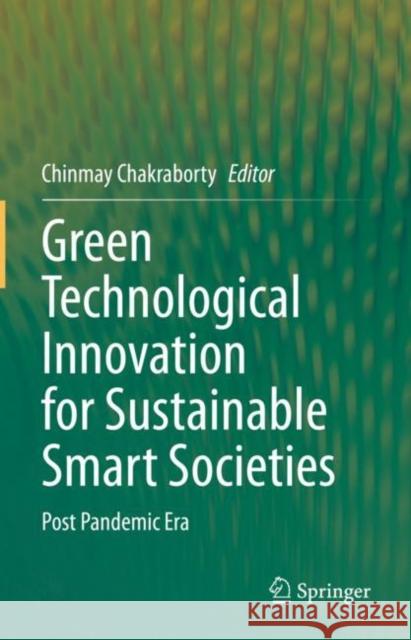Green Technological Innovation for Sustainable Smart Societies: Post Pandemic Era » książka
topmenu
Green Technological Innovation for Sustainable Smart Societies: Post Pandemic Era
ISBN-13: 9783030732943 / Angielski / Twarda / 2021 / 418 str.
Green Technological Innovation for Sustainable Smart Societies: Post Pandemic Era
ISBN-13: 9783030732943 / Angielski / Twarda / 2021 / 418 str.
cena 564,88
(netto: 537,98 VAT: 5%)
Najniższa cena z 30 dni: 539,74
(netto: 537,98 VAT: 5%)
Najniższa cena z 30 dni: 539,74
Termin realizacji zamówienia:
ok. 16-18 dni roboczych.
ok. 16-18 dni roboczych.
Darmowa dostawa!
Kategorie:
Kategorie BISAC:
Wydawca:
Springer
Język:
Angielski
ISBN-13:
9783030732943
Rok wydania:
2021
Wydanie:
2021
Ilość stron:
418
Waga:
0.85 kg
Wymiary:
23.88 x 20.07 x 2.54
Oprawa:
Twarda
Wolumenów:
01











